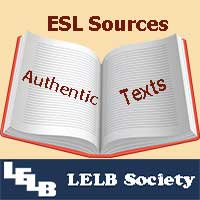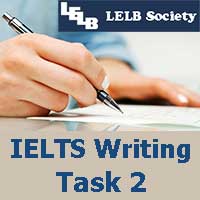IELTS Writing Task 2 Immigration Issues
IELTS Writing Task 2 Immigration Issues IELTS Writing Task 2 Immigration Issues Topic These days, many people try to enter developed countries illegally in search of better job positions and standards of living. Why do you think the rate of illegal immigration is so high nowadays? Essayist: Sayeh A wide range of ideas has been put …









